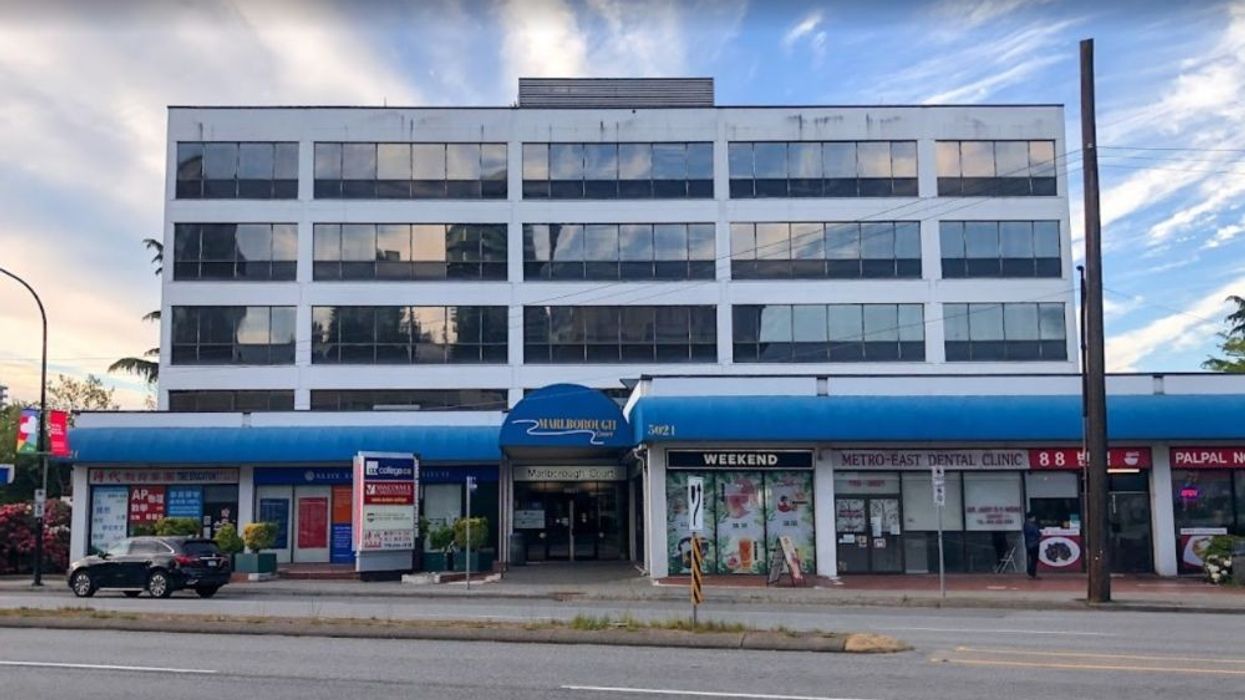On Wednesday the Province of British Columbia announced that it would be increasing the operating budget and staffing of the BC Residential Tenancy Branch (RTB) by 40%, in hopes that the increase will greatly improve wait times and services.
The RTB's operating budget for 2022-2023 is approximately $11.5M and will be increased by roughly $15.6M across the next three years.
"This new investment of as much as $15.6 million over three years is a significant injection of new staff and resources to improve service delivery and speed up waiting times for hearings," the Province said in a press release announcing the increase.
Wait times for dispute resolutions at the Residential Tenancy Branch have continued to increase since the COVID-19 pandemic, as a result of staff shortages compounding with an increased volume of disputes.
Average wait times this year, as of September, were reportedly three times longer than they were in February 2020, with wait times for deferred hearings increasing from an average of six weeks to 18 weeks, regular hearings from five weeks to 15 weeks, and emergency hearings from one week to four weeks. The Landlord and Tenant Board in Ontario has seen a similar increase in wait times this year.
"Renters and landlords have been clear that the current residential tenancy dispute resolution process isn't working fast enough to address their needs," Minister of Housing Ravi Kahlon said on Wednesday. "We hear you and we are taking action to speed up service and strengthen enforcement to address things like repeat or serious offences like illegal evictions, so renters and landlords can get the fair treatment and timely support they deserve."
The Residential Tenancy Branch currently has 118 full-time-equivalent employees, and the increase in staffing is expected to add as many as 50 full-time employees (a 42% increase), which would include doubling the size of the Compliance and Enforcement Unit (CEU) -- launched in 2019 to investigate complaints and serious residential tenancy offences such as illegal evictions.
The Province says that doubling the size of the CEU will not only improve its ability to address serious issues, but also allow it to intervene earlier and avoid hearings to begin with, which will subsequently reduce the backlog of cases and decrease wait times.
RELATED: BC Gov Sets 2023 Rent Increase Cap At 2% and Increases Tax Rebates
In addition to the staffing increase, the RTB will also continue improving its dispute resolution processes, such as enhancements to its online service portal, to speed up the application process.
"As tenants grapple with the ongoing housing and eviction crises, it is essential that they can access and enforce their rights at the RTB," said Robert Patterson, a lawyer from the Tenant Resource and Advisory Centre (TRAC). "This additional support for the RTB will mean that tenants whose landlords are ignoring the law can have their urgent concerns addressed sooner. [The] TRAC hopes that adding more staff will mean not only that tenants' cases will be heard more quickly, but also that arbitrators will have the time and support they need to give well-reasoned decisions.
From the landlord perspective, LandlordBC CEO David Hutniak added that "not only will this new investment alleviate financial concerns for landlords by allowing them to solve rental disputes faster, but it will also ensure that their unit is available to provide housing to people in BC at a time when it's needed most."





















